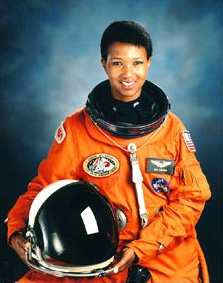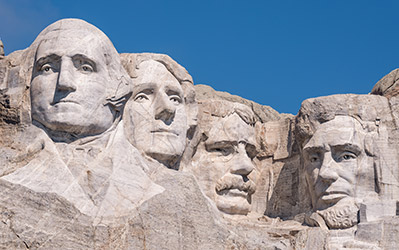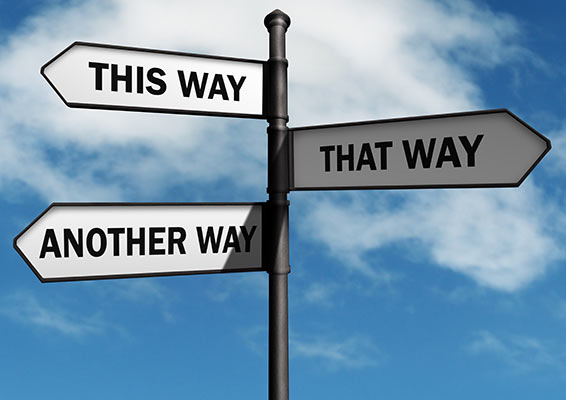Posts for January 2016

Thoughtful Learning Blog
The Thoughtful Learning blog features articles about English language arts, 21st century skills, and social-emotional learning. Insights come from the teachers, writers, and developers at Thoughtful Learning, who have been creating top-notch instructional materials for more than 40 years.





